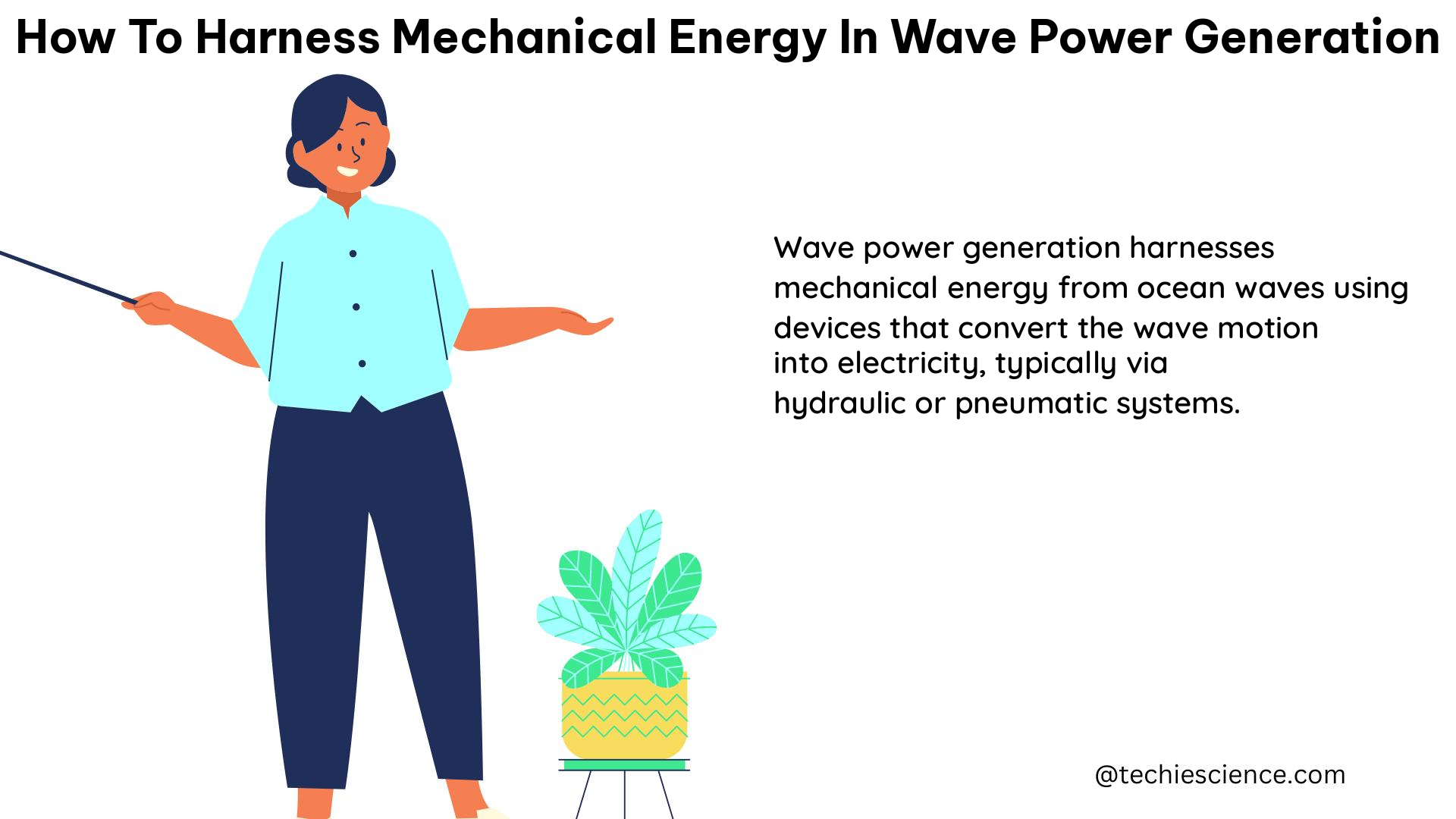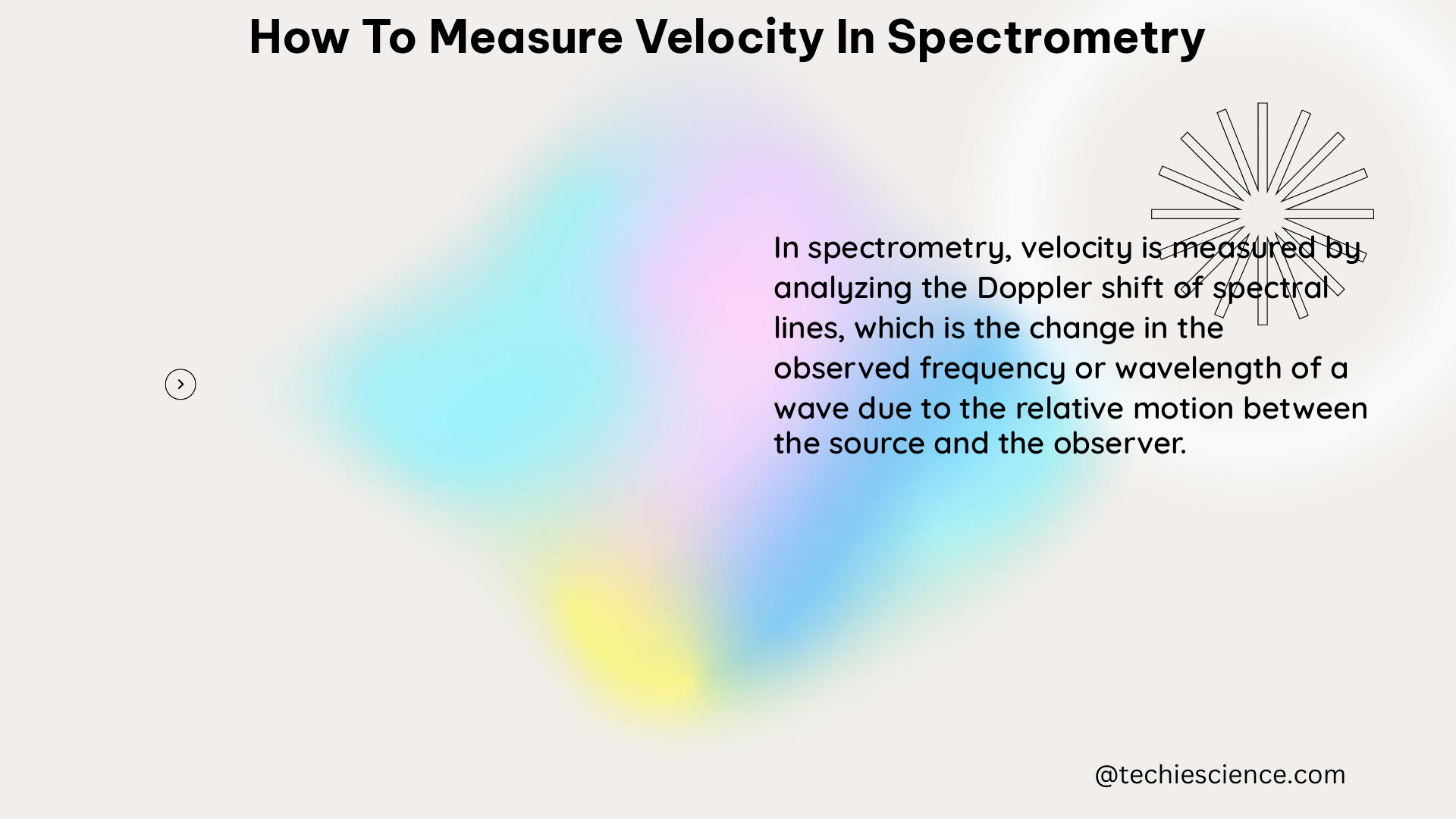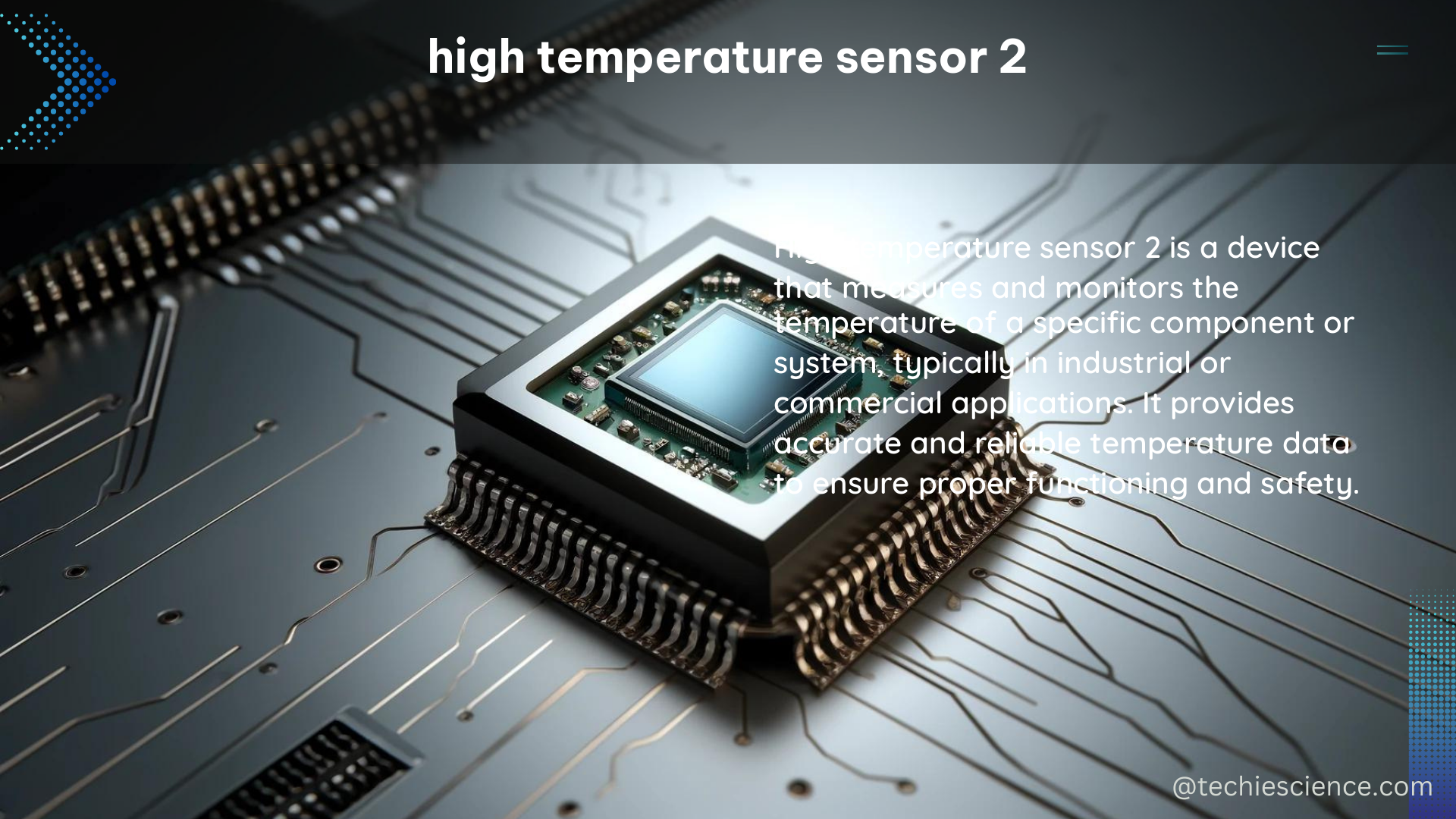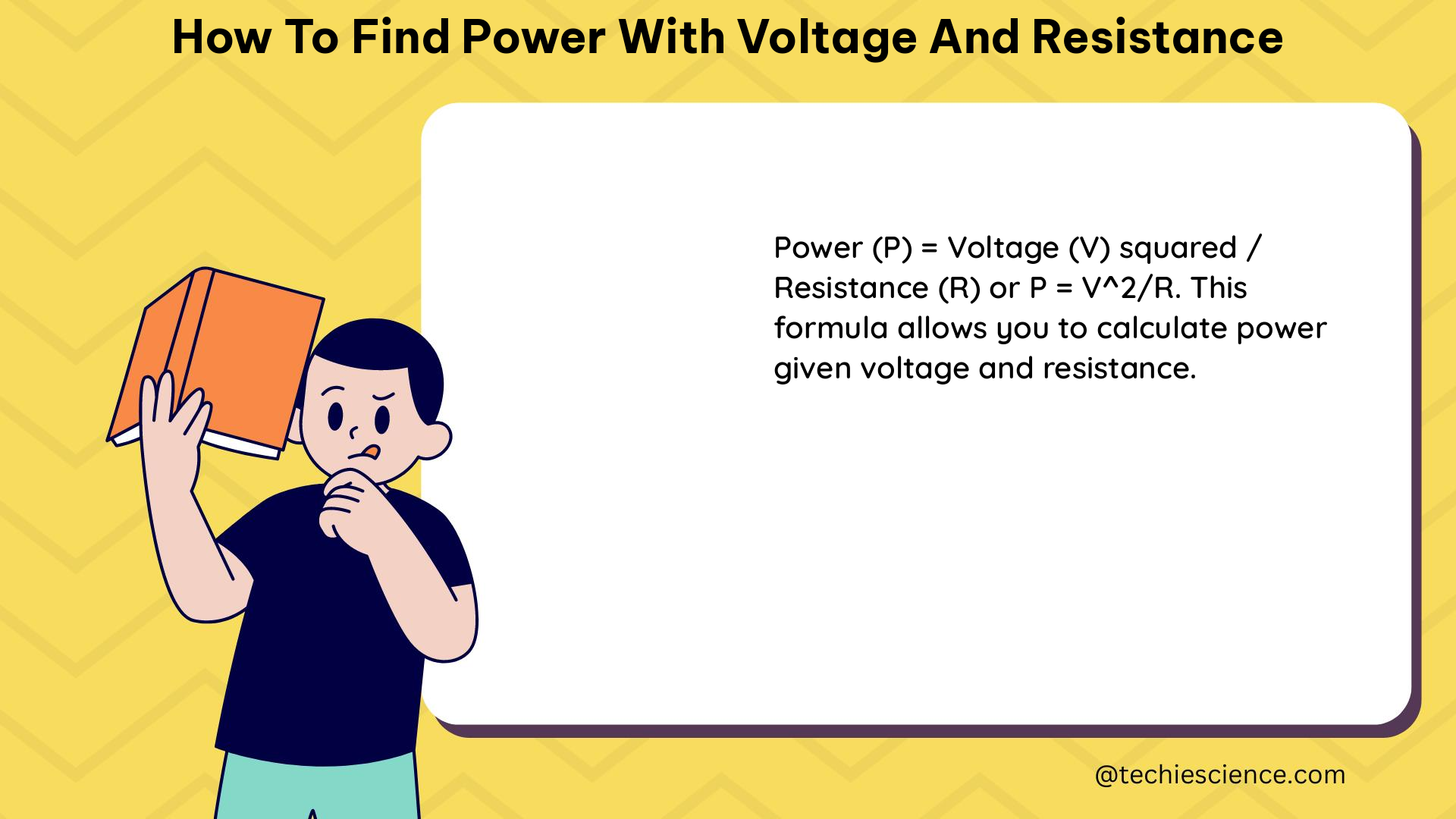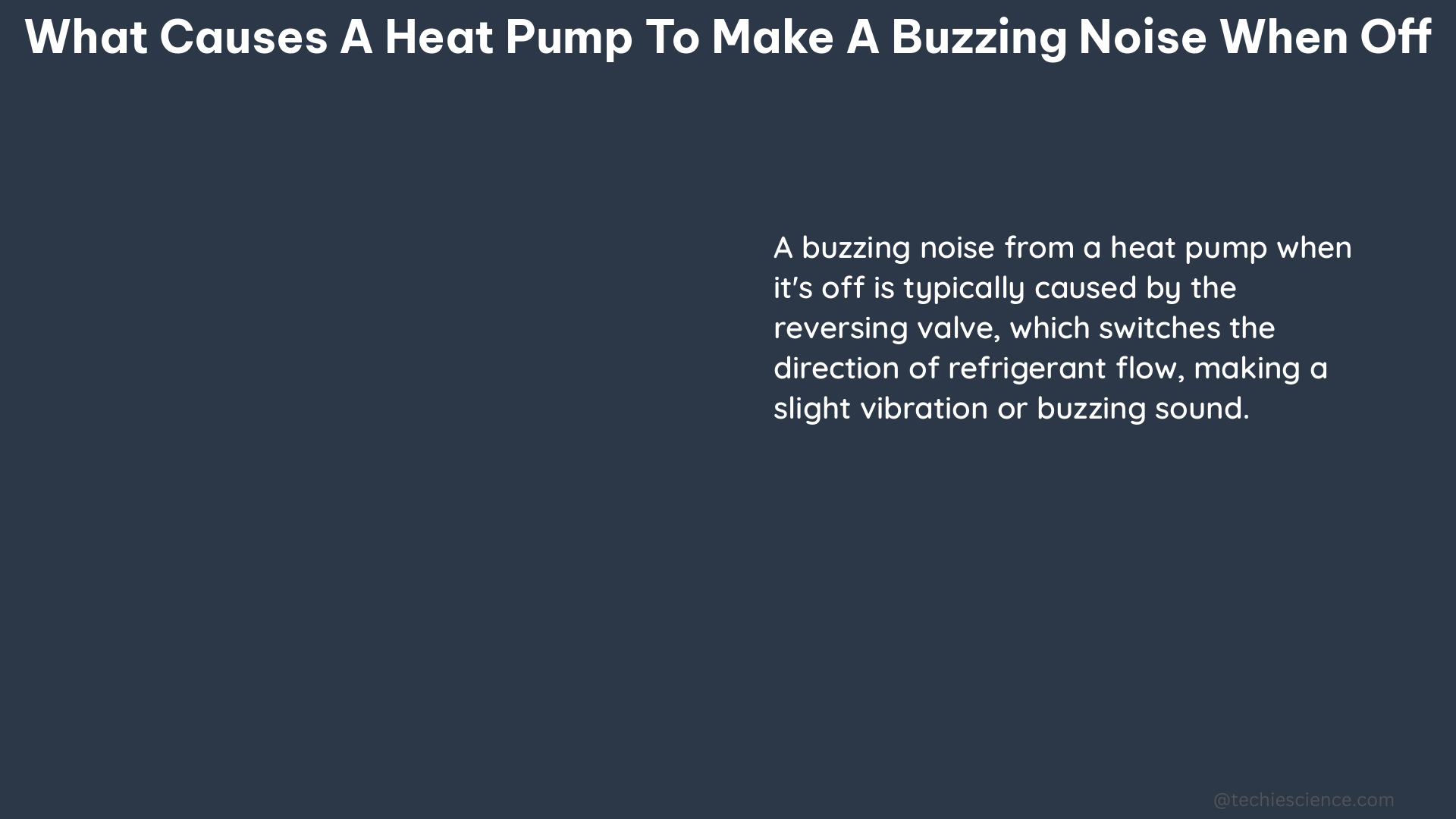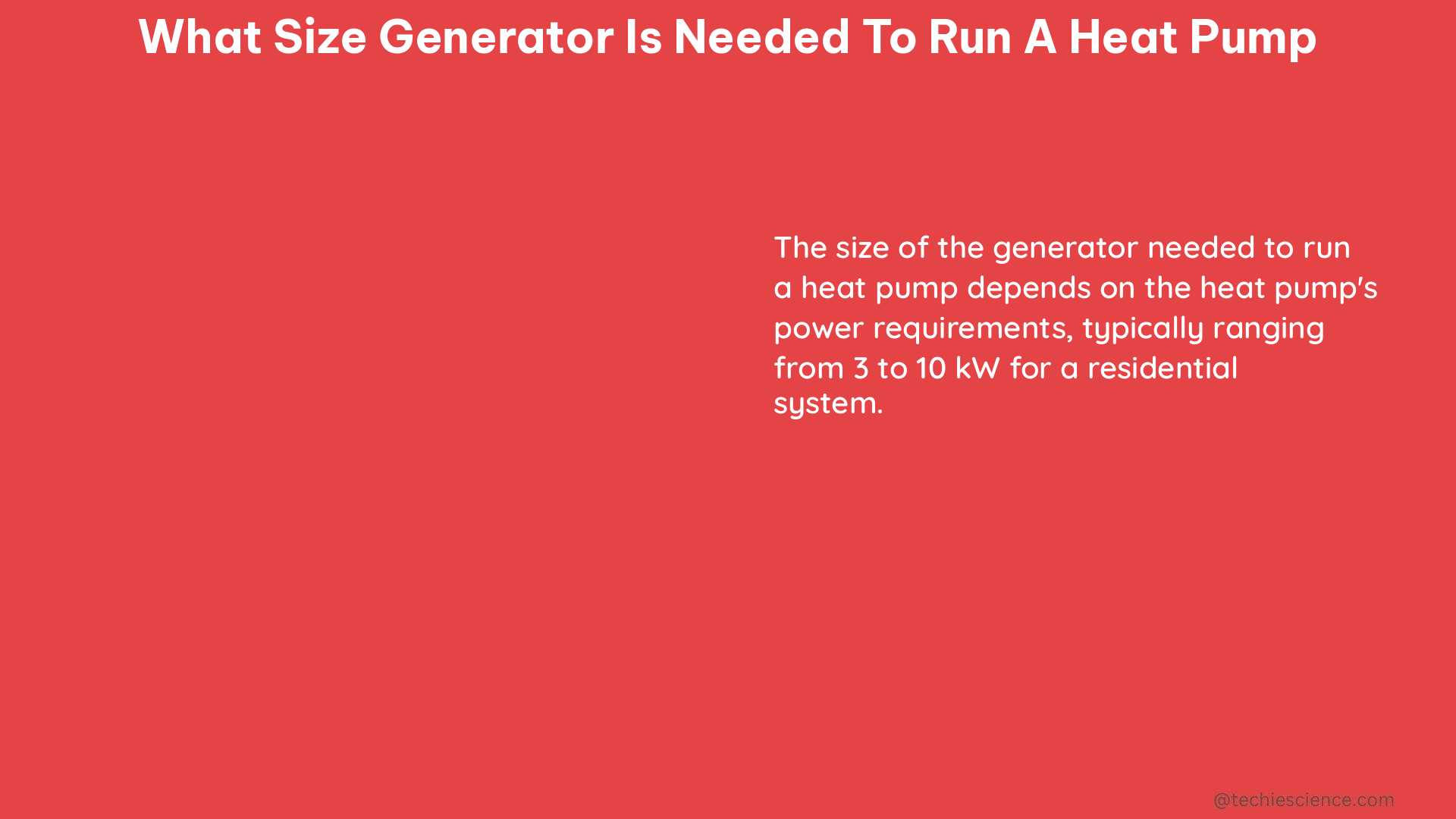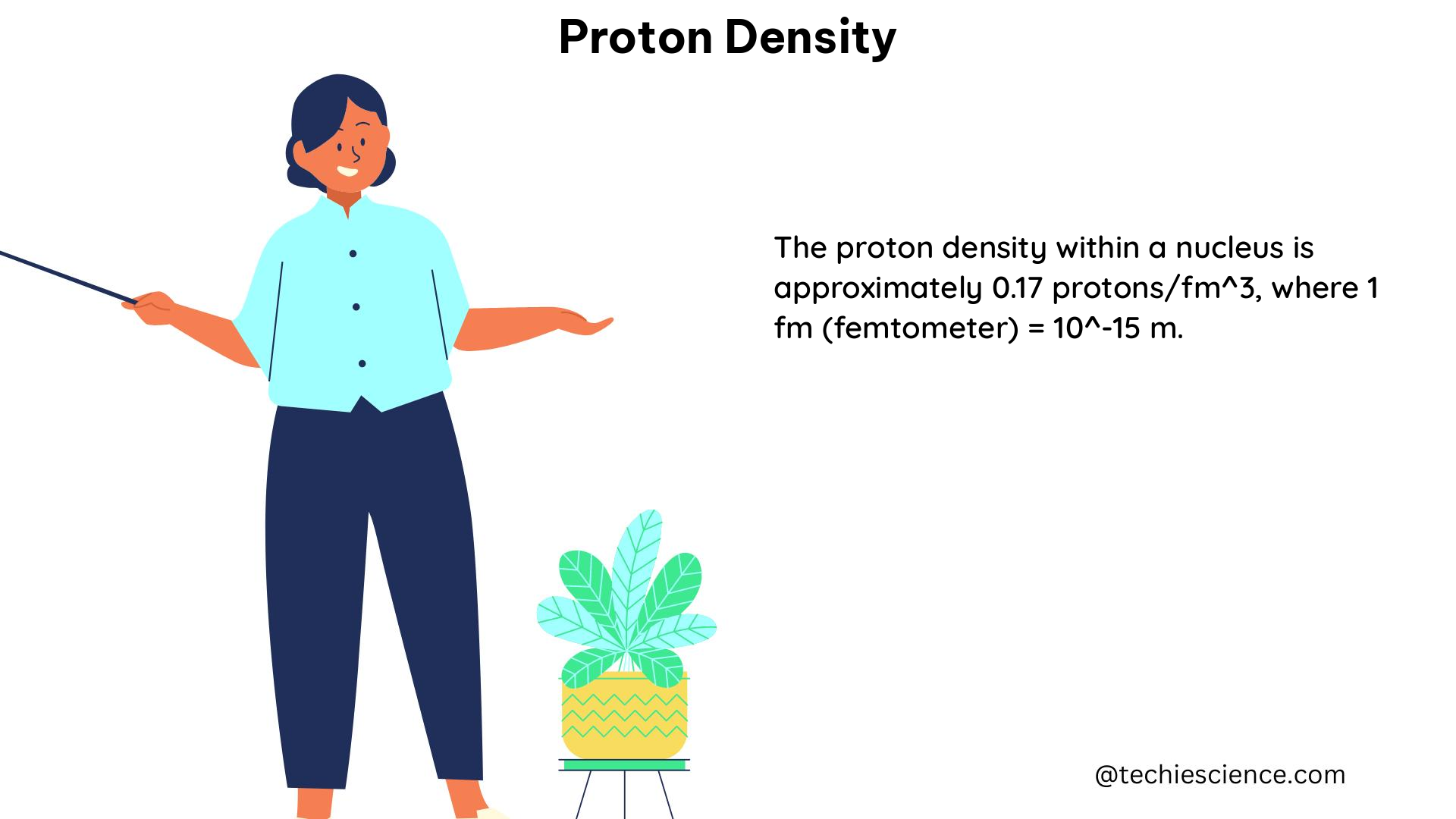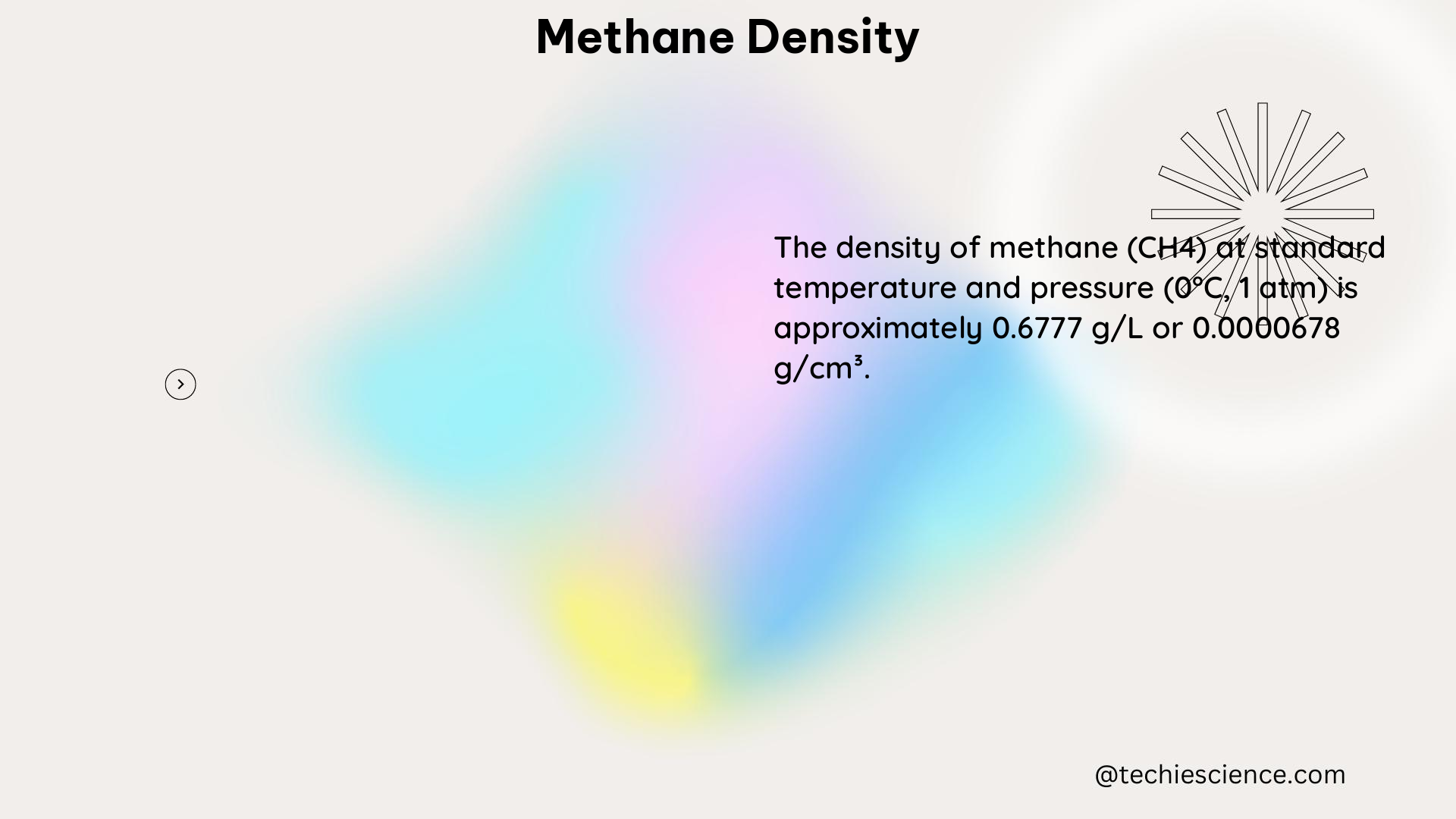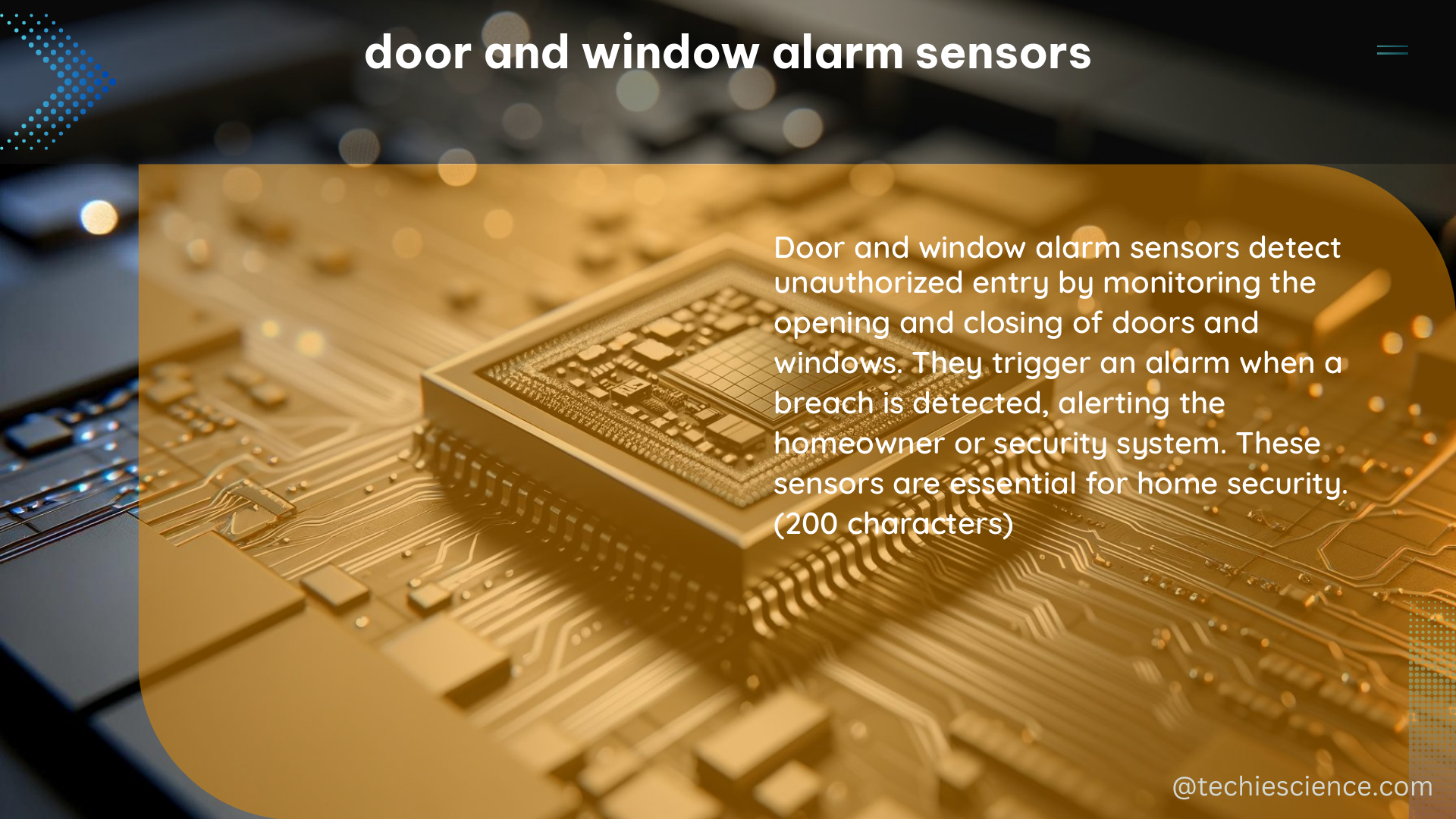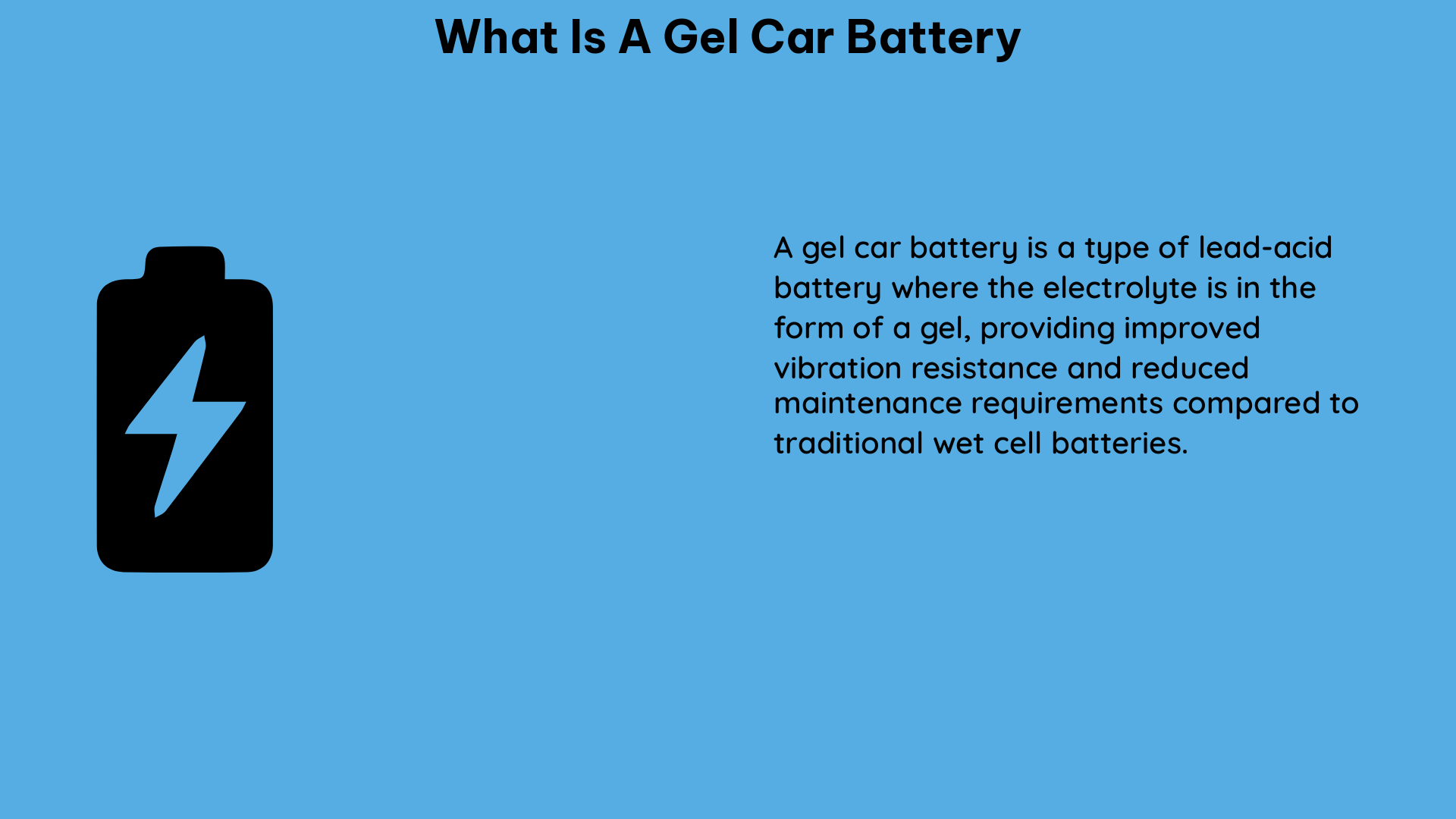A buzzing noise coming from a heat pump when it is off can be caused by several factors, including electrical components, low refrigerant charge, or contaminated motor bearings. Understanding the underlying causes and taking the necessary measurements can help diagnose and address the issue effectively.
Electrical Components
One of the primary reasons for a buzzing noise in a heat pump when it’s off is related to electrical components. This can be due to a loose connection or a failing capacitor.
Measuring Capacitor Resistance
To determine if the capacitor is the culprit, you can use a multimeter to measure the resistance of the capacitor. The resistance value should fall within the manufacturer’s specifications. If the resistance value is outside the recommended range, it indicates that the capacitor needs to be replaced.
Capacitor Resistance Measurement:
– Multimeter: Set to the resistance (Ohm) setting
– Measure the resistance across the capacitor terminals
– Compare the measured value to the manufacturer’s specifications
– If the resistance is outside the recommended range, the capacitor should be replaced
Identifying Loose Connections
In addition to the capacitor, a loose electrical connection can also cause a buzzing noise. Inspect the wiring and connections in the heat pump, looking for any signs of wear, damage, or loose fittings. Tightening the connections or replacing any damaged components can help resolve the issue.
Low Refrigerant Charge

Another common cause of a buzzing noise in a heat pump when it’s off is a low refrigerant charge. This can result in a gurgling sound, often accompanied by the buzzing noise.
Measuring Refrigerant Pressure
To diagnose a low refrigerant charge, you’ll need to use a manifold gauge set to measure the refrigerant pressure in the system. The pressure readings should fall within the manufacturer’s specified range. If the pressure is outside the recommended range, it indicates a low refrigerant charge that needs to be addressed by a professional HVAC technician.
Refrigerant Pressure Measurement:
– Manifold Gauge Set: Connect the gauge set to the heat pump’s service ports
– Measure the suction and discharge pressures
– Compare the measured pressures to the manufacturer’s specifications
– If the pressures are outside the recommended range, the system has a low refrigerant charge
Contaminated Motor Bearings
Contaminated motor bearings can also cause a buzzing or shrieking noise in a heat pump when it’s off. This issue is often accompanied by unusual noises coming from the motor.
Listening for Unusual Noises
To identify contaminated motor bearings, you can use a stethoscope to listen to the motor bearings for any unusual noises, such as shrieking or grinding sounds. If you hear these types of noises, it indicates that the motor bearings are contaminated and need to be replaced.
Bearing Noise Inspection:
– Stethoscope: Place the end of the stethoscope on the motor housing
– Listen for any unusual noises, such as shrieking or grinding
– If you hear these types of noises, the motor bearings are likely contaminated and need to be replaced
Frequency and Duration of the Buzzing Noise
In addition to the measurements and inspections mentioned above, it’s important to note the frequency and duration of the buzzing noise. This information can provide additional clues about the underlying issue.
- A buzzing noise that occurs every 60 seconds could indicate a problem with the compressor or fan motor.
- A buzzing noise that occurs intermittently when the unit is off could be caused by a loose electrical connection or a failing capacitor.
By taking these measurements and observations, you can better diagnose the cause of the buzzing noise in your heat pump and take the necessary steps to address the problem.
Conclusion
A buzzing noise coming from a heat pump when it’s off can be a frustrating issue, but understanding the potential causes and taking the appropriate measurements can help you identify and resolve the problem. Whether it’s an electrical component, low refrigerant charge, or contaminated motor bearings, the key is to systematically diagnose the issue and take the necessary corrective actions.
Remember, if you’re not comfortable performing these inspections and measurements yourself, it’s always best to consult with a qualified HVAC professional who can properly diagnose and repair the issue.
References:
– Why Your Heat Pump is Making Humming and Buzzing Noises
– Heat Pump Making Loud Buzzing Sounds Every 60 Seconds
– New Carrier Infinity Heat Pump Hums/Buzzes When Not Running
– Buzzing Noise When Heat Pump Off – Anyone Know What Causes This?
– Why Does My Heat Pump Make a Buzzing Noise?
